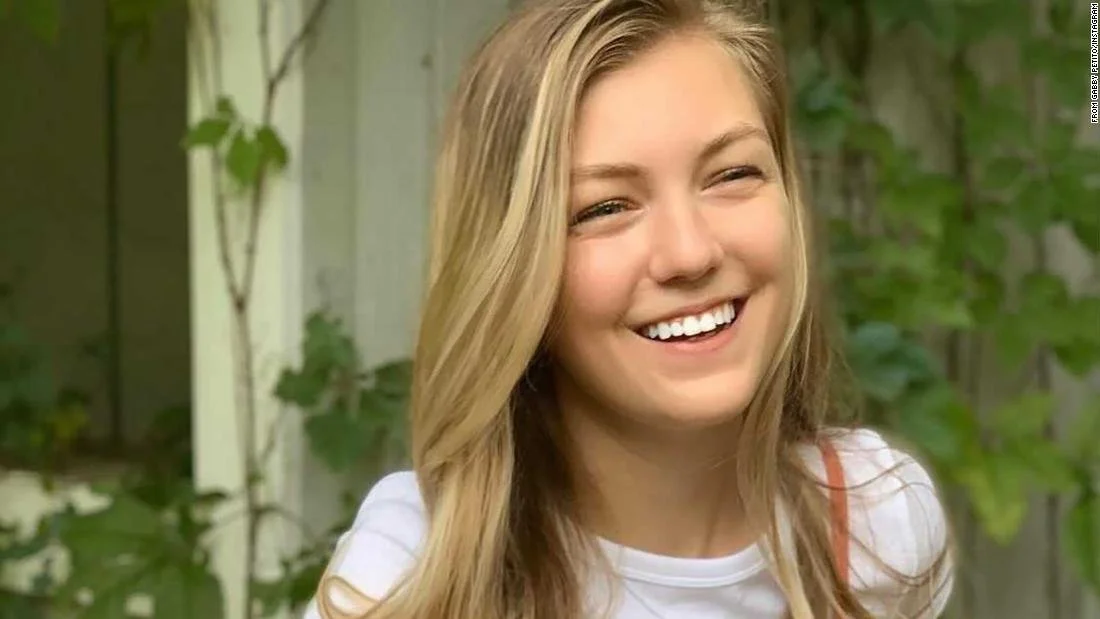Widespread Silence on Missing and Murdered Indigenous Women
A red hand over the mouth has become the symbol of a growing movement, MMIW (Missing and Murdered Indigenous Women), which stands for all the voices that have not been heard by media, society, and the government. It stands for the oppression and untold stories of Native women who we have lost and keep losing.
For the past 500 years, Native Americans have faced genocide, dislocation, and various forms of physical, mental, and social abuse.
In 1959, Indian Relocation Act made it hard for indigenous families to stay in rural areas by dissolving federal recognition of most tribes by ending federal funding for schools, hospitals, and basic services along with the jobs they created. The federal government paid for the expenses of moving into cities, but Native Americans faced high levels of job discrimination and few opportunities for job advancement.
Now, only 22% percent of Native Americans on the tribal lands and reservations where when a person goes missing, the community and tribal law work together in search efforts. The remaining 78% percent live off reservations, and cities offer few ties to Native cultures, communities, and tribal law enforcement.
Murder is the third leading cause of death for Native women. Pre-colonization, native Americans honored the sacredness of women. Women held positions of authority, but European colonists with patriarchal views took women as slaves to the men. Unfortunately, the mistreatment of Native women can be tracked throughout America's history, but ironically Natives were seen and called "Savages." Now, when a Native woman is reported missing, these negative perceptions about them hinder the search process.
In order to stop the victimization of Native American women, we need to educate, learn, and share their stories.
Donate to help end the MMIW crisis.
Report and share information about missing Native American women.






